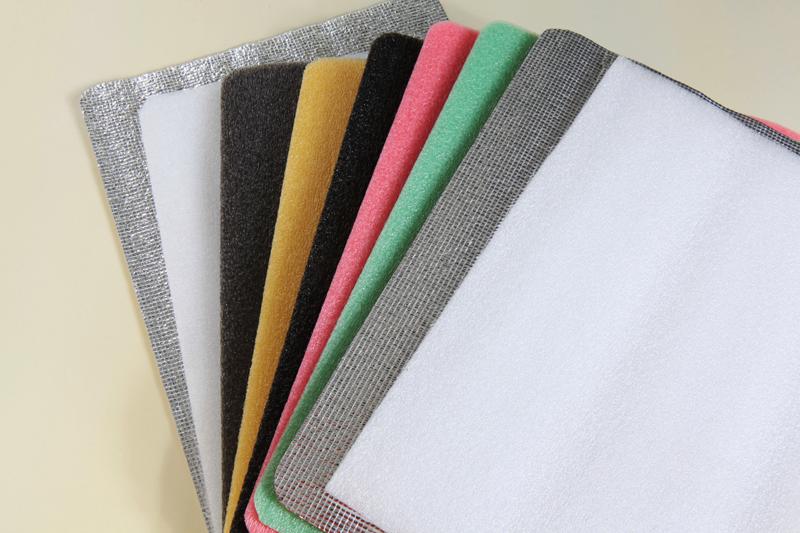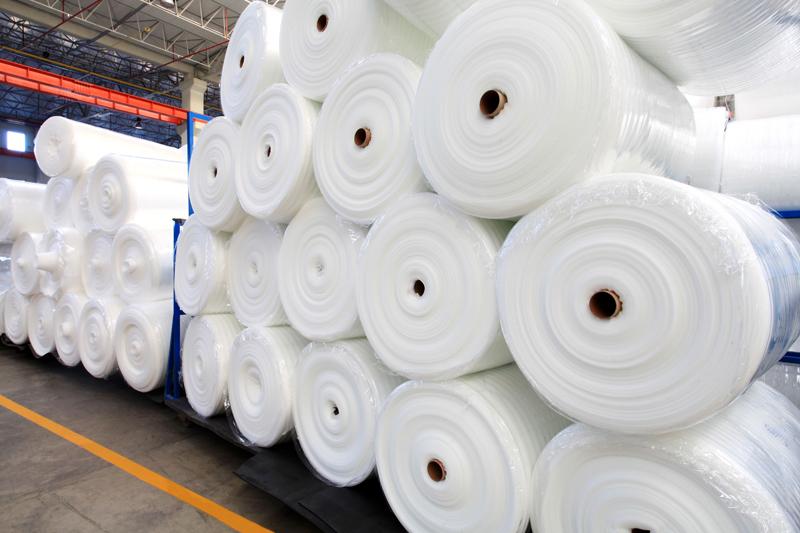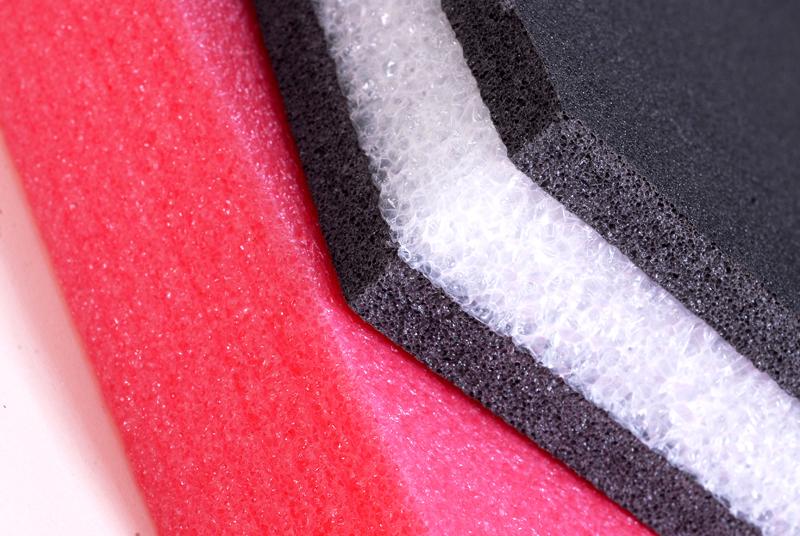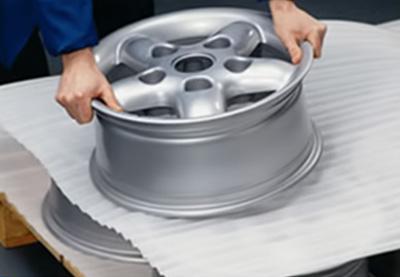
Industrial polyethylene foams are versatile materials that have a wide range of properties, making them suitable for various applications in different industries. One of the key properties of polyethylene foams is their excellent thermal insulation capabilities. These foams have a low thermal conductivity, which means they can effectively prevent the transfer of heat. This makes them ideal for use in the construction industry, where they can be used as insulation materials in walls, roofs, and floors to improve energy efficiency and reduce heating and cooling costs.
In addition to thermal insulation, industrial polyethylene foams also offer superior sound absorption properties. They have the ability to absorb and dampen sound waves, making them perfect for soundproofing applications. These foams can be used in the automotive industry to reduce noise and vibrations in vehicles, creating a quieter and more comfortable driving experience.

Furthermore, polyethylene foams are lightweight and flexible, making them easy to handle and shape. They are resistant to moisture, chemicals, and impact, ensuring durability and longevity in various environments.
Please see => polyethylene foam
These foams can be easily molded into different shapes and sizes, allowing for customization and versatility in their applications. Whether it’s in the packaging industry, where they can be used to protect fragile items during transportation, or in the sports and leisure industry, where they can be used in padding and cushioning products, industrial polyethylene foams offer a wide range of possibilities.
Thermal Insulation
Polyethylene foams are highly regarded for their exceptional thermal insulation properties, which make them a preferred choice for a wide range of applications in the construction and packaging industries. These foams are known for their ability to effectively resist the transfer of heat, keeping the desired temperature stable and reducing energy consumption.

One of the key factors contributing to the excellent thermal insulation properties of polyethylene foams is their closed-cell structure. This structure consists of numerous tiny air-filled cells that act as barriers to heat transfer. The air trapped within these cells prevents the conduction of heat, making polyethylene foams highly efficient in insulating against both hot and cold temperatures.
Please see => pe foam
In the construction industry, polyethylene foams are commonly used as insulation materials for walls, roofs, and floors. They provide a reliable thermal barrier, preventing heat loss during colder months and heat gain during warmer months. This not only helps in maintaining a comfortable indoor environment but also reduces the need for excessive heating or cooling, resulting in energy savings.
In the packaging industry, polyethylene foams play a crucial role in protecting sensitive and fragile products during transportation and storage. Their excellent thermal insulation properties help in maintaining the desired temperature conditions, preventing temperature fluctuations that can potentially damage the products. Additionally, the lightweight nature of polyethylene foams makes them a cost-effective choice for packaging solutions.

Overall, the exceptional thermal insulation properties of polyethylene foams make them an ideal material for various applications in the construction and packaging industries. With their ability to provide reliable insulation and energy efficiency, these foams contribute to creating sustainable and comfortable environments while ensuring the protection of valuable products.
Sound Absorption
Industrial polyethylene foams are highly regarded for their exceptional sound absorption properties, making them a preferred choice for various applications in the soundproofing industry and automotive sector. These foams are specifically engineered to effectively reduce and absorb sound waves, ensuring a quieter and more comfortable environment.
Please see => physically cross linked polyethylene foam
One of the key reasons why industrial polyethylene foams excel in sound absorption is their unique cellular structure. The foam is composed of numerous interconnected cells, which act as sound barriers and prevent the transmission of sound waves. As sound waves pass through the foam, they encounter resistance from the cell walls, causing them to dissipate and lose intensity.

Moreover, the density and thickness of the foam also play a crucial role in its sound absorption capabilities. Thicker and denser foams tend to absorb sound more effectively, as they offer greater resistance to sound wave transmission. This makes industrial polyethylene foams an ideal choice for soundproofing applications, such as recording studios, theaters, and noisy machinery enclosures.
Please see => chemically cross linked polyethylene foam
In addition to soundproofing, industrial polyethylene foams find extensive use in the automotive industry. These foams are commonly employed in the manufacturing of vehicle interiors to enhance acoustic comfort. By reducing the transmission of road and engine noise, they contribute to a quieter and more enjoyable driving experience. Furthermore, their lightweight nature makes them an excellent choice for reducing overall vehicle weight, leading to improved fuel efficiency.
In conclusion, industrial polyethylene foams possess remarkable sound absorption capabilities, making them highly suitable for use in soundproofing applications and the automotive industry. Their unique cellular structure, density, and thickness contribute to their effectiveness in reducing and absorbing sound waves. Whether it’s creating a peaceful environment or enhancing acoustic comfort in vehicles, these foams play a vital role in minimizing noise and maximizing comfort.

